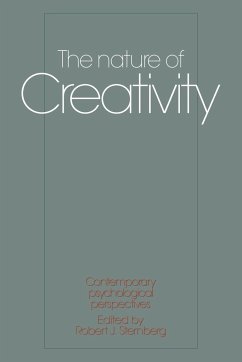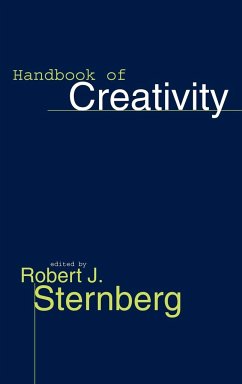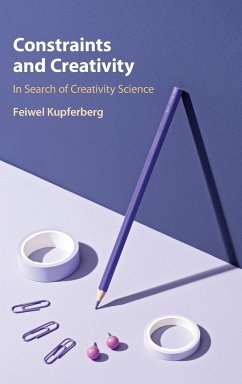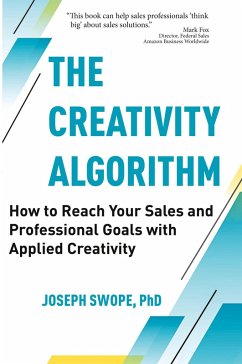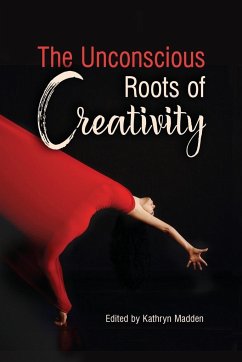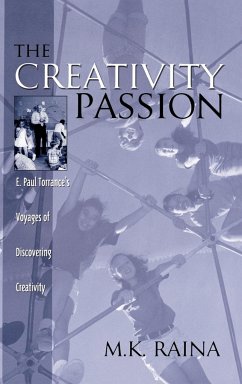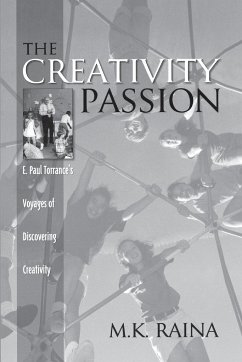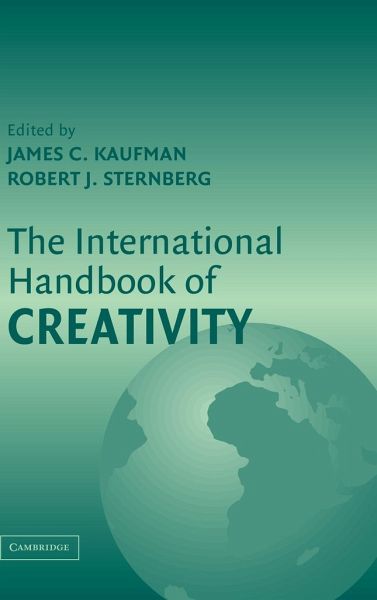
The International Handbook of Creativity

PAYBACK Punkte
38 °P sammeln!
What constitutes a creative person? Is it someone who can perform many tasks innovatively? Is it someone who exhibits creative genius in one area? Is it someone who utilizes her creativity for good and moral causes? Different cultures have different perspectives on what it means to be creative, yet it is nearly always the American or Western perspective that is represented in the psychological literature. The goal of The International Handbook of Creativity is to present a truly international and diverse set of perspectives on the psychology of human creativity.





